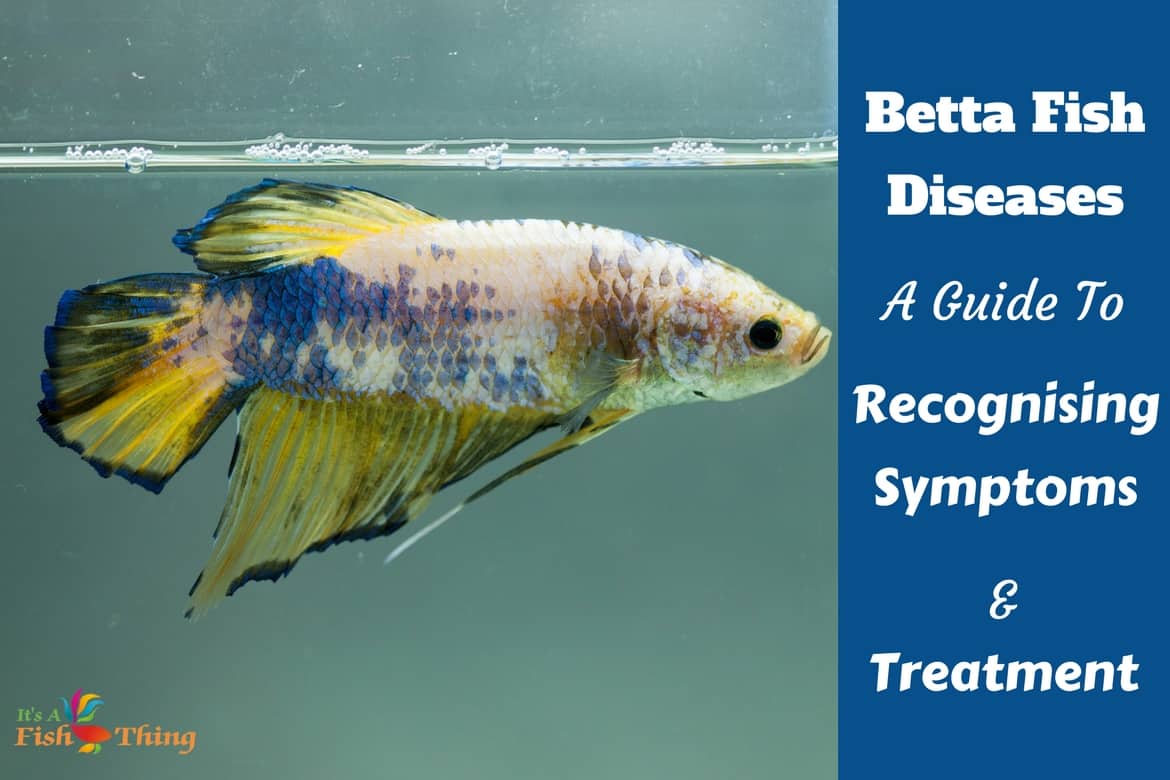Betta, also known as Siamese wrestler fish, are small fish with a lot of personality, which many people want to have, for their beautiful and vibrant colors.
If the aquarium in which they are located is in the best condition, clean and fresh, Betta can live longer and be happier, however, if the space is not suitable for a healthy life, the Betta usually develop parasitic, fungal or bacterial diseases.
- If you have a beautiful Betta fish at home and want to know more about this species.
- Continue reading this article by Animal Expert in which we will show you the most common diseases in Betta fish.
Most Betta fish diseases can only be prevented with a clean environment and treated with antibiotics and aquarium salt.Try to meet your fish from the first day you take it home.Watch your behavior when you’re in top condition, so if you get sick.and physical symptoms don’t appear, you can identify if something’s wrong, because surely your behavior will change.
A good time to do this is to clean the aquarium and feed it, if your fish is sick, you won’t want to eat as much or you won’t want to eat anything.
The fungus in the mouth is a bacterium that grows in aquariums and ponds.It is a bacterium that can be both beneficial and harmful.When a Betta has this disease, it physically begins to develop “cotton or gauze” spots on the gills, mouth and fins throughout the body.
This problem occurs when the conditions of the animal’s habitat are not suitable or stressful (overcrowding or little space) and a low circulation of fresh and clean water.
It is not considered a disease as such, but rather a manifestation of the fish’s poor internal or degenerative condition, present for other conditions such as swelling and fluid buildup in the liver and kidneys.
It can be caused by parasites, viruses, malnutrition and bacteria.Hydropesia is severe and visible because the abdominal area is clearly inflamed and some parts of the body are bruised.
Other symptoms include a lack of appetite and a constant need to surface for oxygen; It is a disease that can spread to other members of the aquarium, but in most cases it is not.
This is undoubtedly one of the most common diseases of Betta fish, with hundreds of cases reporting their appearance, their long fins are susceptible to poor water quality, although it seems that the Betta bites its tail from boredom or stress.To the radical change in the state of the tail, which is clearly torn, the animal may present weakness, strange white spots, black and red edges along the affected area.
Don’t worry because with a treatment, based practically on daily water change and checking its origin, your Betta’s tail will grow back, don’t let symptoms progress, as rot can eat other skin tissues and become a treatable problem for a life-threatening disease.
Quite common, caused by the presence of a parasite that the Betta’s body needs to stay alive, its symptoms begin by altering the behavior of the animal, yours will be very bored, sometimes nervous and will rub your body against the walls of the aquarium. Then white spots appear all over the body. These spots are just cysts that surround the parasites.
If left untreated, the fish may die from suffocation, because with so much anxiety, the heart rate is affected.Saltwater baths, medications and even thermotherapy are some of the treatments used.
Sepsis is a non-contagious disease caused by bacteria and derived from stress caused by factors such as overpopulation, sudden changes in water temperature, arrival of new fish in the aquarium, poor food condition or injury of any kind.presence of red marks like blood throughout the Betta’s body.
The most common treatments for this disease are to put antibiotics in the water, which are then absorbed by the fish.Antibiotics should be used sparingly. It is best to ask the veterinarian before applying them, so that you can recommend the most appropriate dose.
This article is for informational purposes only, in Animal Expert.com.br we cannot prescribe veterinary treatments or make any type of diagnosis, we suggest that you take your pet to the veterinarian in case of any condition or discomfort.
If you would like to read articles similar to, we recommend that you visit our Other Health Problems section.

